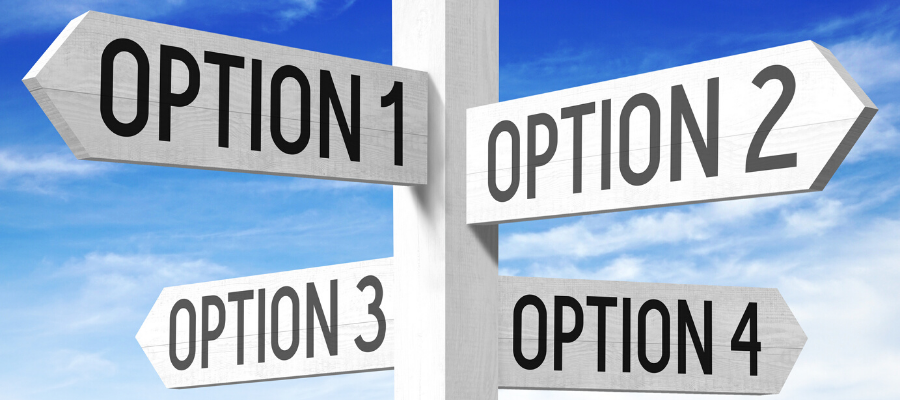Neuroscience and the Law
04
Sep 2014
Neuroscience is revolutionizing our understanding of how the brain works. In the process it is challenging ago-old ways of thinking about crime and punishment. Some neuroscientists even say that it’s time to completely rethink our judicial system in light of their discoveries. That’s because our current legal system presupposes a certain picture of how the mind works that many neuroscientist now believe is almost entirely wrong.
Read moreTheological Correctness Part II: An Answer
24
Sep 2014
The question in Part I was: what is the nature of religious credence (or “belief”) as a psychological state? And a puzzle arose because neither the simple model nor the cynical model of religious “belief” was adequate.
Read moreSecond-Guessing Ourselves
24
Sep 2014
Some people avoid second-guessing themselves on principle. It’s like Ser Alliser says in Game of Thrones: “Leadership is all about getting second-guessed by every clever little twat with a mouth. But if a leader starts second-guessing [himself], that's it. That's the end." But even leaders sometimes make rash judgments and uninformed choices. It's not hard to argue that we would have all been better off if Bush and company had done a little second-guessing of themselves when it came to the decision to invade Iraq.
Read moreMachiavelli
19
Sep 2014
The Italian political philosopher Niccolò Machiavelli is revered by some for being an astute thinker, a pragmatic visionary, and a champion of republican liberty. He is reviled by others for writing a manual for unscrupulous leaders everywhere, teaching them to do whatever it takes to defeat their enemies and stay in power, no matter how cruel or ruthless their actions might be.
Read moreBabies and the Birth of Morality
15
Sep 2014
One of the many questions on the subject is whether morality is innate or learned. If you want to answer that question, what better place to begin than with babies? Well, you might be skeptical that newborns, of all people, have something to teach us about the nature of morality. It’s not like newborns face a lot of deep moral dilemmas -- “Should I laugh at the big guy making the silly faces at me or should I cry?”
Read more



